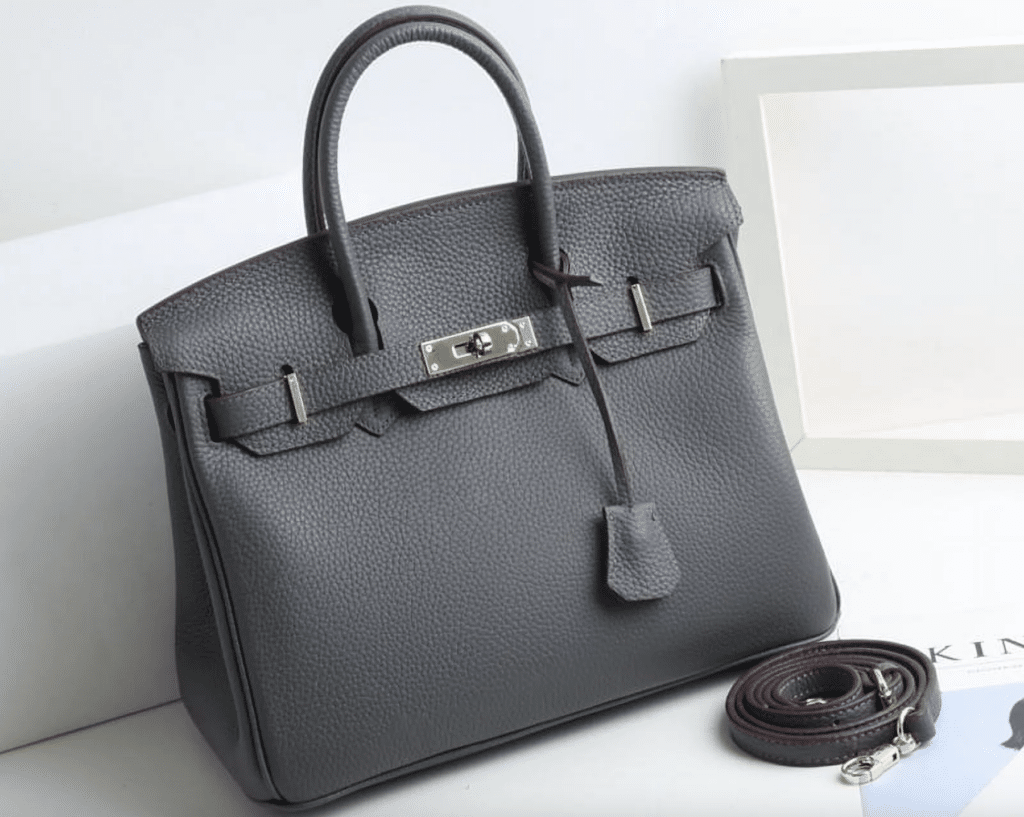Alibaba Group Holding said on Monday that it will work with brands including Louis Vuitton, Swarovski, and Samsung to crack down on counterfeit goods on its e-commerce platforms. The Chinese e-commerce giant confirmed that it will form an alliance with 20 brands, trade associations, intellectual property experts and regulators.
The “Alibaba Big Data Anticounterfeiting Alliance” will enable parties will share with Alibaba their expertise on intellectual-property authentication and anti-counterfeiting data. In return, Alibaba will provide alliance members with data and technical support in cracking down on infringing and counterfeit items, and help them block, screen and remove counterfeit listings, the company said. The alliance will have the support of Chinese authorities.
The move comes on the heels of an array of damning developments for Alibaba, including lawsuits from Louis Vuitton’s parent company, LVMH Moët Hennessy Louis Vuitton, and rival conglomerate, Kering. According to the suit that Gucci’s parent company, Kering, filed against Alibaba in May 2015 (its second suit against the Chinese giant): “The Alibaba defendants facilitate and encourage the sale of an enormous number of counterfeit products through their self-described ‘ecosystem,’ which provides manufacturers, sellers, and buyers of counterfeit goods with a marketplace for such goods, and provides online marketing, credit card processing, financing, and shipping services that effectuate the sale of the counterfeit products.”
LVMH filed a similar suit centering on Alibaba willful and knowing sale of counterfeit goods by Alibaba on its platforms and Amazon’s own growing counterfeit problem, paired with its users’ abuse of the comment/rating section. That matter was settled out of court.
Thereafter, Alibaba caused controversy when it was granted inclusion in the International AntiCounterfeiting Coalition, a non-profit organization devoted solely to combating product counterfeiting and piracy. In response to its membership, a number of existing members, such as Gucci, Tiffany & Co., and Michael Kors, withdrew from the organization, and board members received an anonymous email threatening a mass defection unless Alibaba was pushed out; within a week of the Chinese company’s inclusion, its membership was suspended by the group.
And still yet, Alibaba’s TaoBao platform was highlighted in the Office of the United States Trade Representative’s 2016 “Special 301” Out-of-Cycle Review of Notorious Markets report, an annual list that details which entities are most egregiously abusing the intellectual property rights of others’ on a worldwide basis.











